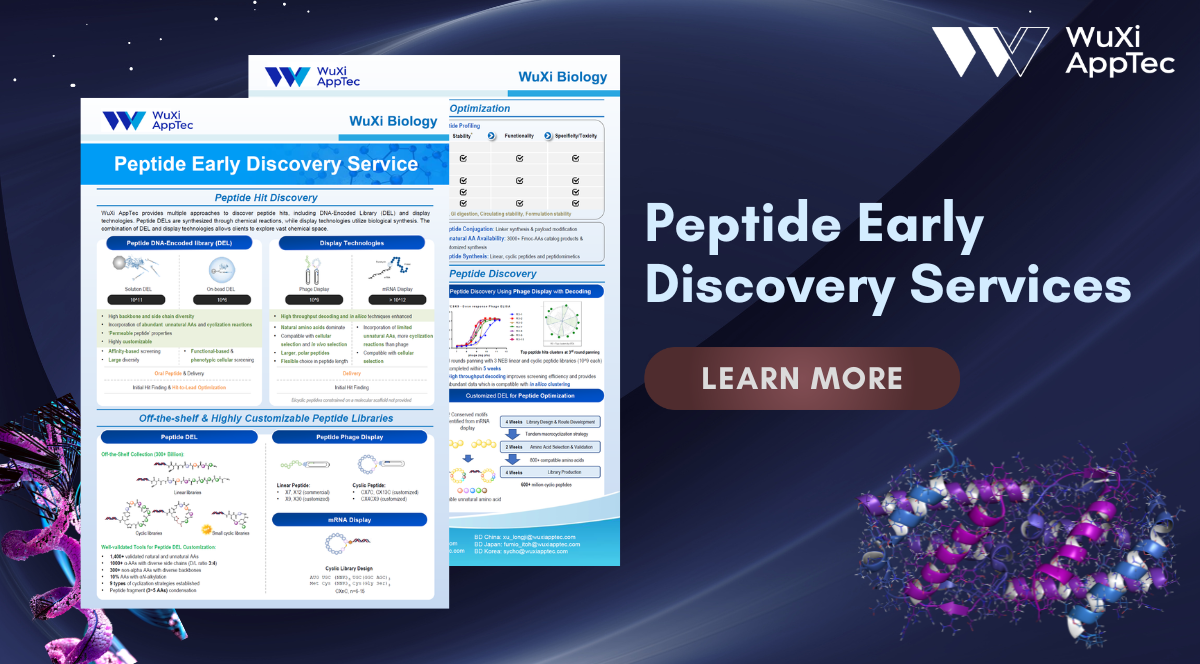
Peptide Early Discovery Services
Peptide drugs, composed of short chains of amino acids, represent a promising class of therapeutics with unique advantages over traditional...
Continue Reading
Peptide drugs, composed of short chains of amino acids, represent a promising class of therapeutics with unique advantages over traditional...
Continue Reading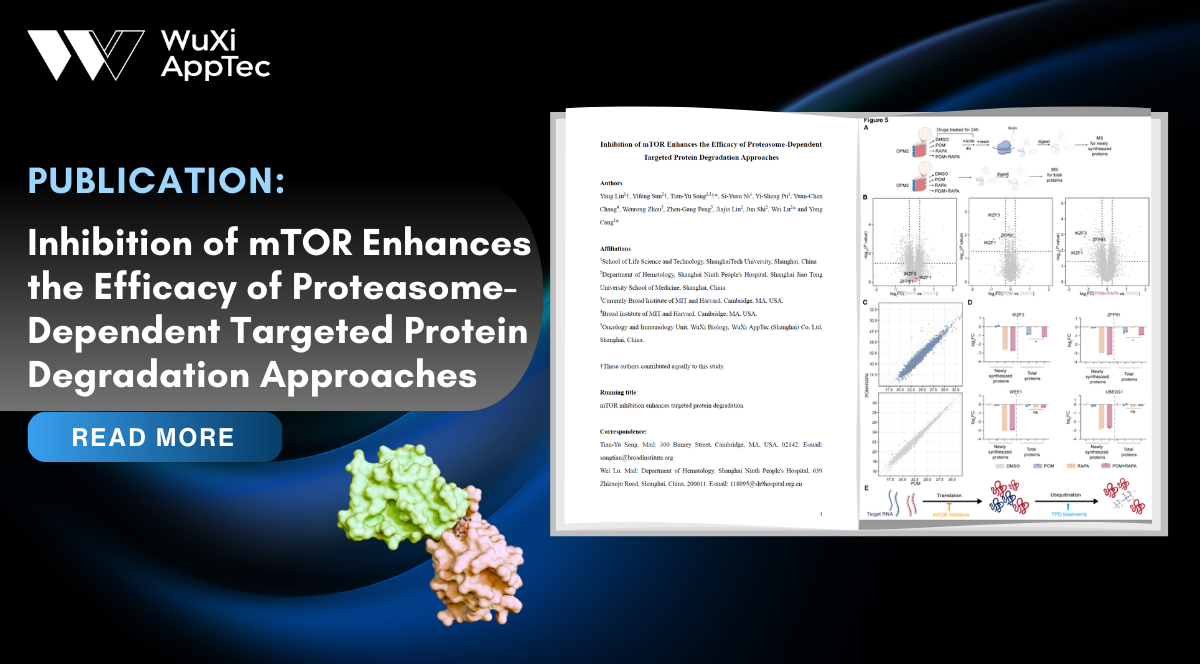
Targeted protein degradation (TPD) approaches, including molecular glue degraders (MGDs) and proteolysis targeting chimeras (PROTACs), can overcome traditional occupancy-based inhibitor...
Continue Reading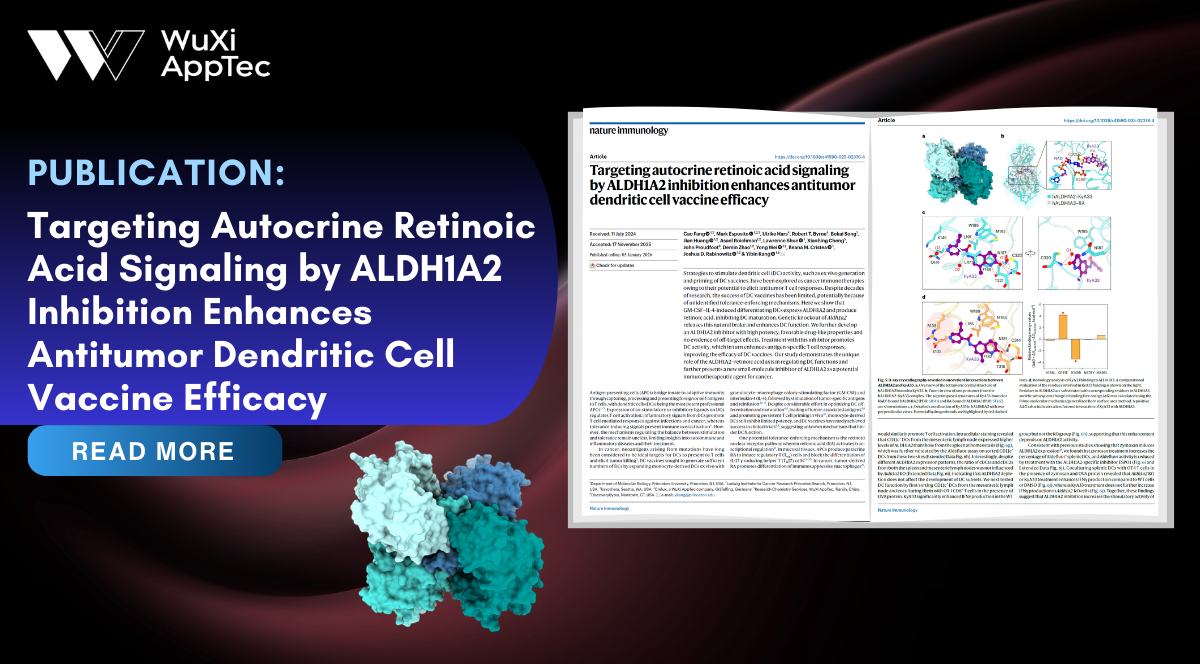
Strategies to stimulate dendritic cell (DC) activity, such as ex vivo generation and priming of DC vaccines, have been explored...
Continue Reading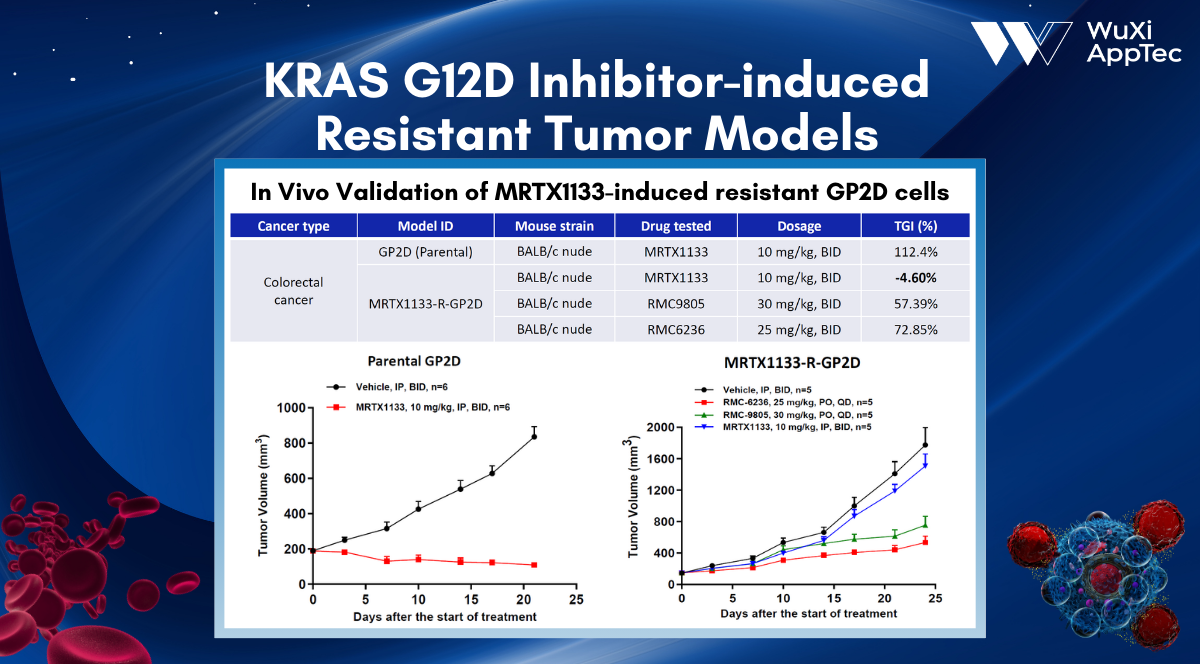
KRAS mutations act as primary initiators of carcinogenesis in several major cancers and are present in approximately 20 – 25%...
Continue Reading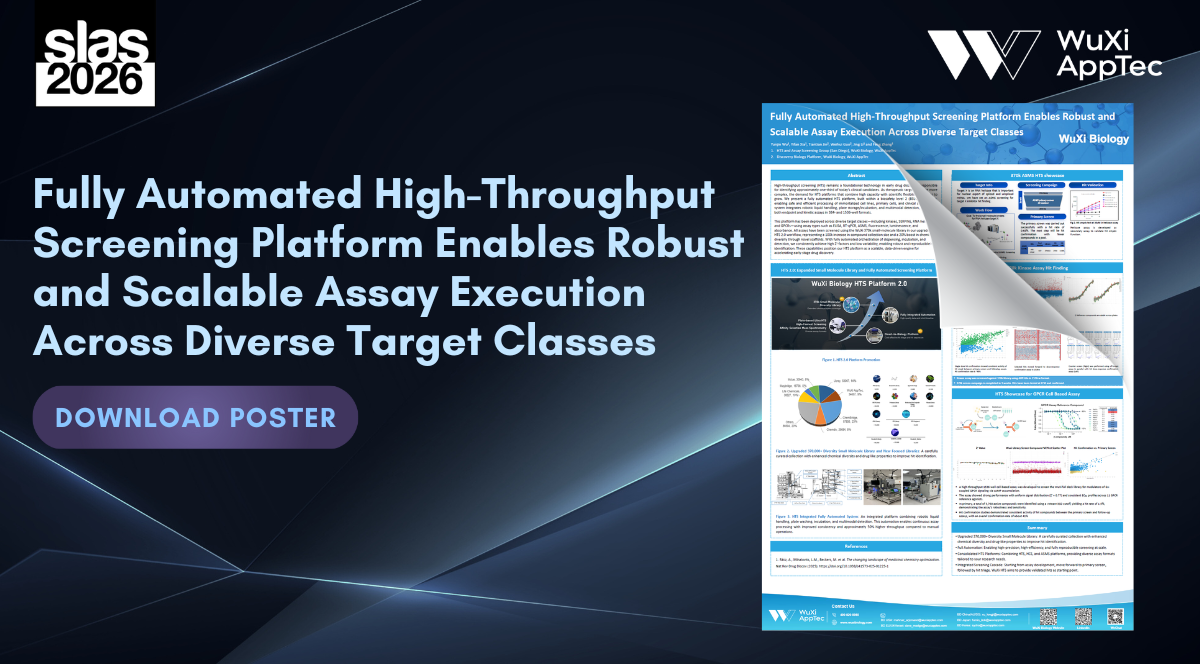
High-throughput screening (HTS) remains a foundational technology in early drug discovery, responsible for identifying approximately one-third of today’s clinical candidates....
Continue Reading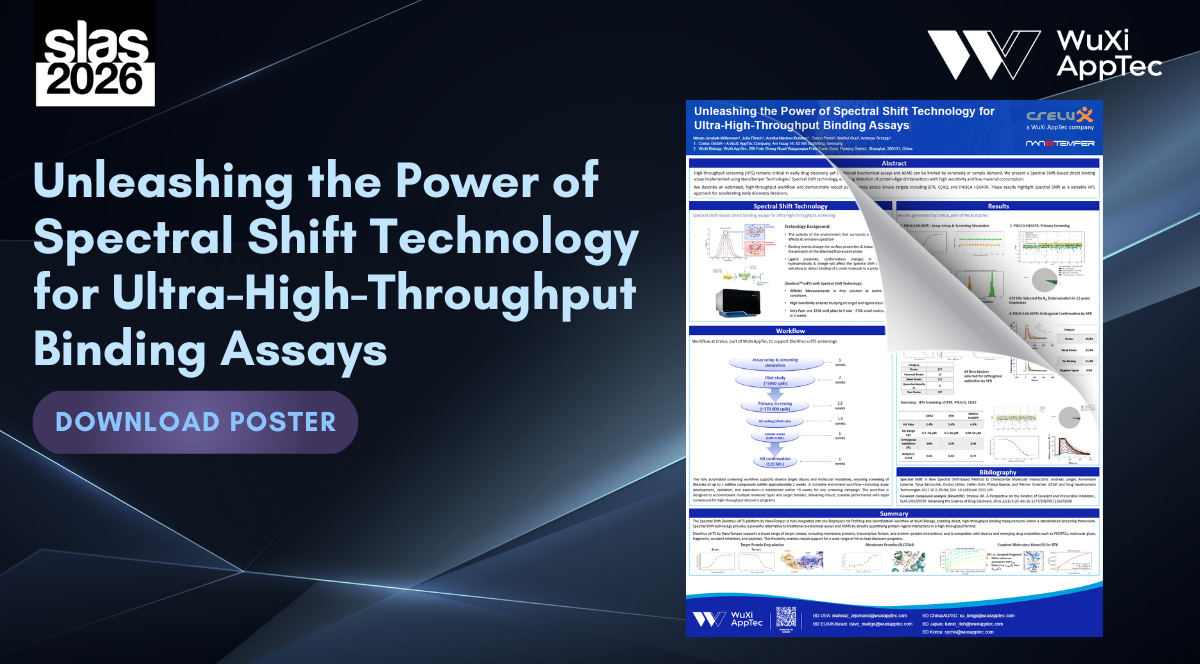
High-throughput screening (HTS) remains critical for early drug discovery, yet traditional biochemical assays and specialized techniques such as affinity selection...
Continue Reading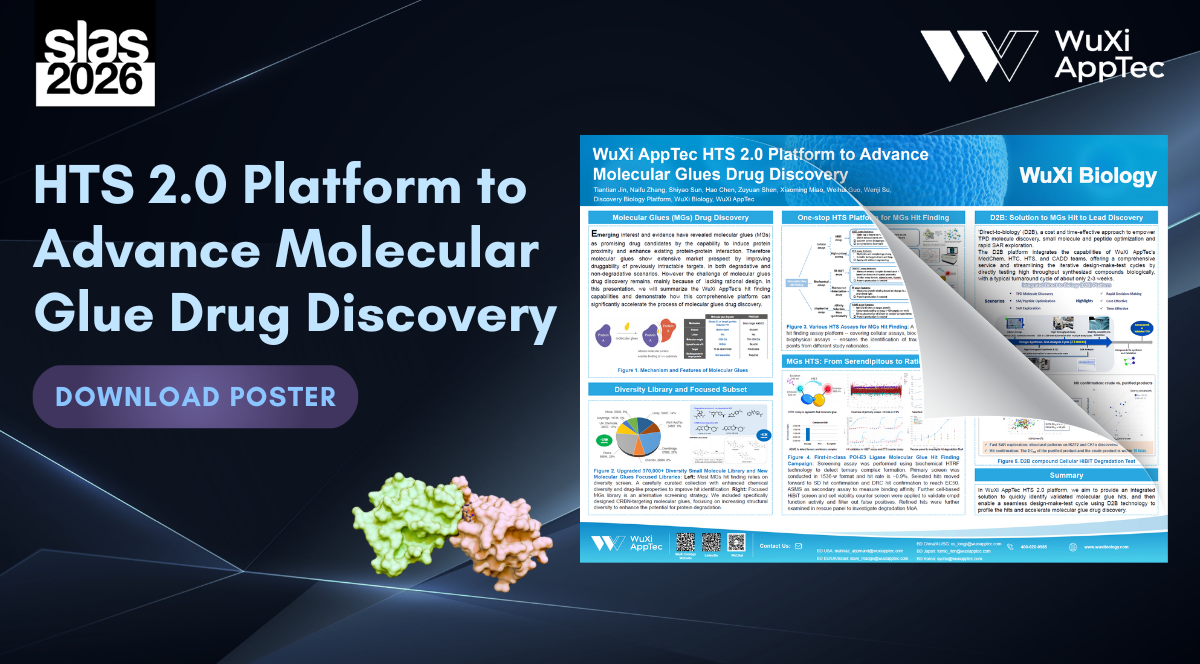
Despite major advances in small molecule drug development, most disease-relevant proteins remain beyond the reach of conventional therapeutics. Molecular glues...
Continue Reading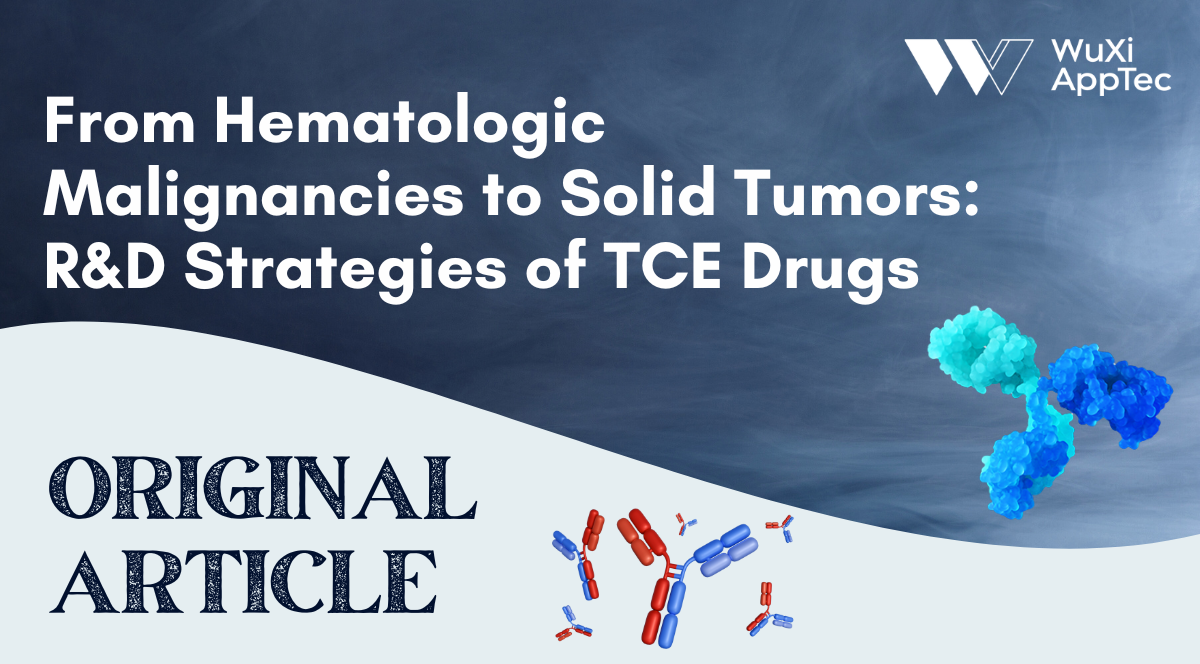
From hematologic malignancies to solid tumors Introduction: Amid a surge of advancements in immunotherapy, T cell engager (TCE) therapy has...
Continue Reading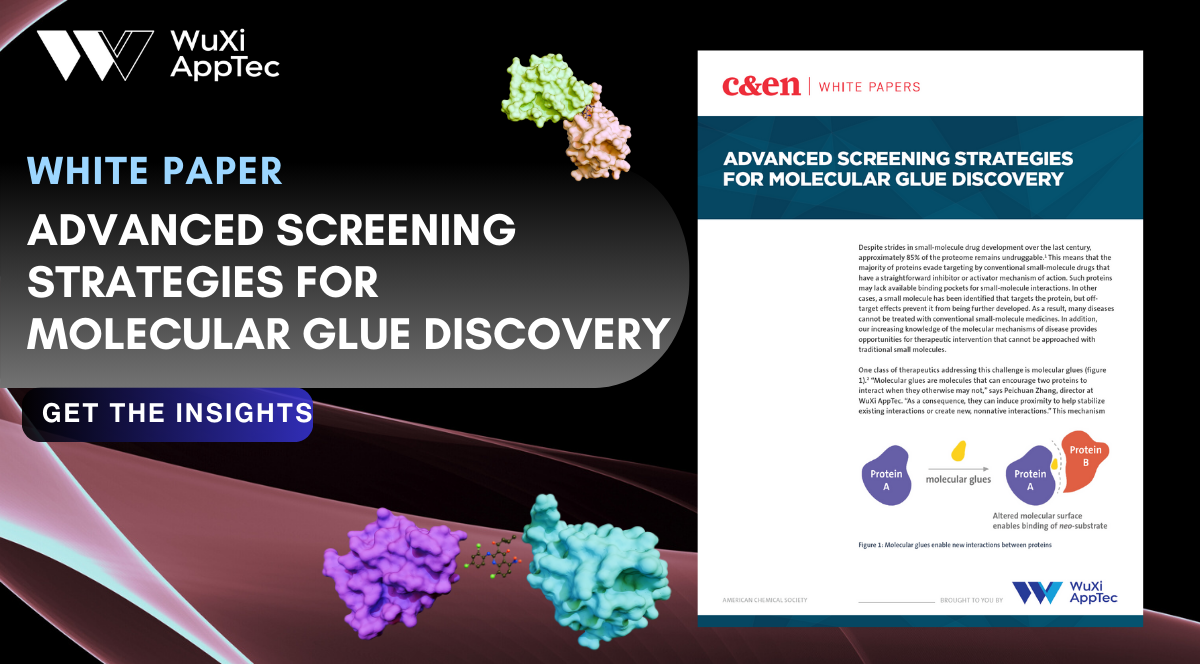
Molecular glues are molecules that can encourage two proteins to interact when they otherwise may not. As a consequence, they...
Continue Reading